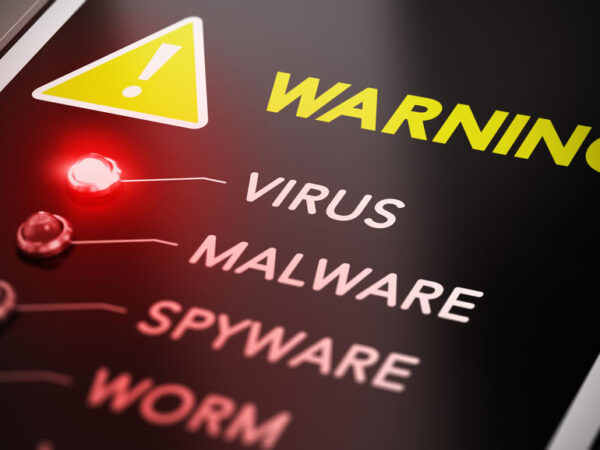Each year, malware propagation becomes an increasingly prevalent threat for both internet users and website administrators. Not only are cybercriminals constantly finding new ways to spread this malicious software, the developers themselves are committed to making their wares as hard to combat as possible. As most internet users know, few things are more frustrating than dealing with a malware infection. More often than not, once the initial infection has occurred, it’s nearly impossible to get rid of without taking extreme measures. Luckily, fending off malware attacks is a simpler proposition than many of us realize. If you’re ready to send malicious software packing, the following pointers are sure to come in handy.
-
Disable Advertisements
Digital advertisements are among the most common vehicles through which malware is spread. This is particularly true in the case of Flash-based ads. While only visiting secure and reputable websites is a good rule of thumb for avoiding malware, it isn’t necessarily an end-all, since malicious ads have been known to find their way onto sites that are generally considered safe. In many cases, these ads don’t even need to be clicked on for malware to take hold of your device. With this in mind, it’s in your best interest to disable such advertisements. Fortunately, most popular browsers make this very easy to do. Enabling click-to-play plug-ins effectively prevents Java or Flash-based ads from appearing unless you manually click on them.
-
Update Your Operating System and Security Programs
No one relishes sitting through operating system, security software or app updates. After all, we’re living in the age of instant gratification, and sizable updates can take up to several minutes to install. Although the updating process may be somewhat cumbersome, internet users ignore updates at their peril. Every update serves an important purpose, and using un-updated operating systems or software leaves you open to a host of vulnerabilities, malware chief among them. Updating security software is particularly important for website owners and administrators. Site owners in the market for the best the cyber security world has to offer should read some SiteLock reviews.
-
Get Rid of Software You Don’t Use
Software that hasn’t been updated in ages makes devices vulnerable to a bevy of malware-related risks. Any program or app you use on a consistent basis should be updated at every available opportunity. On the flipside, any program that you don’t use should be removed from your device. In addition to freeing up hard drive space, this will eliminate a wide range of vulnerabilities and help provide peace of mind.
The spread of malware represents one of the biggest threats to modern-day cyber security. As cybercriminals find increasingly clever ways to propagate malicious software, internet users must stay on their toes in order to avoid infection. However, this doesn’t have to be costly, cumbersome or time-consuming. Putting the previously discussed pointers into practice will go a long way in keeping your devices and websites safe from malicious software and other types of cyber crime.




